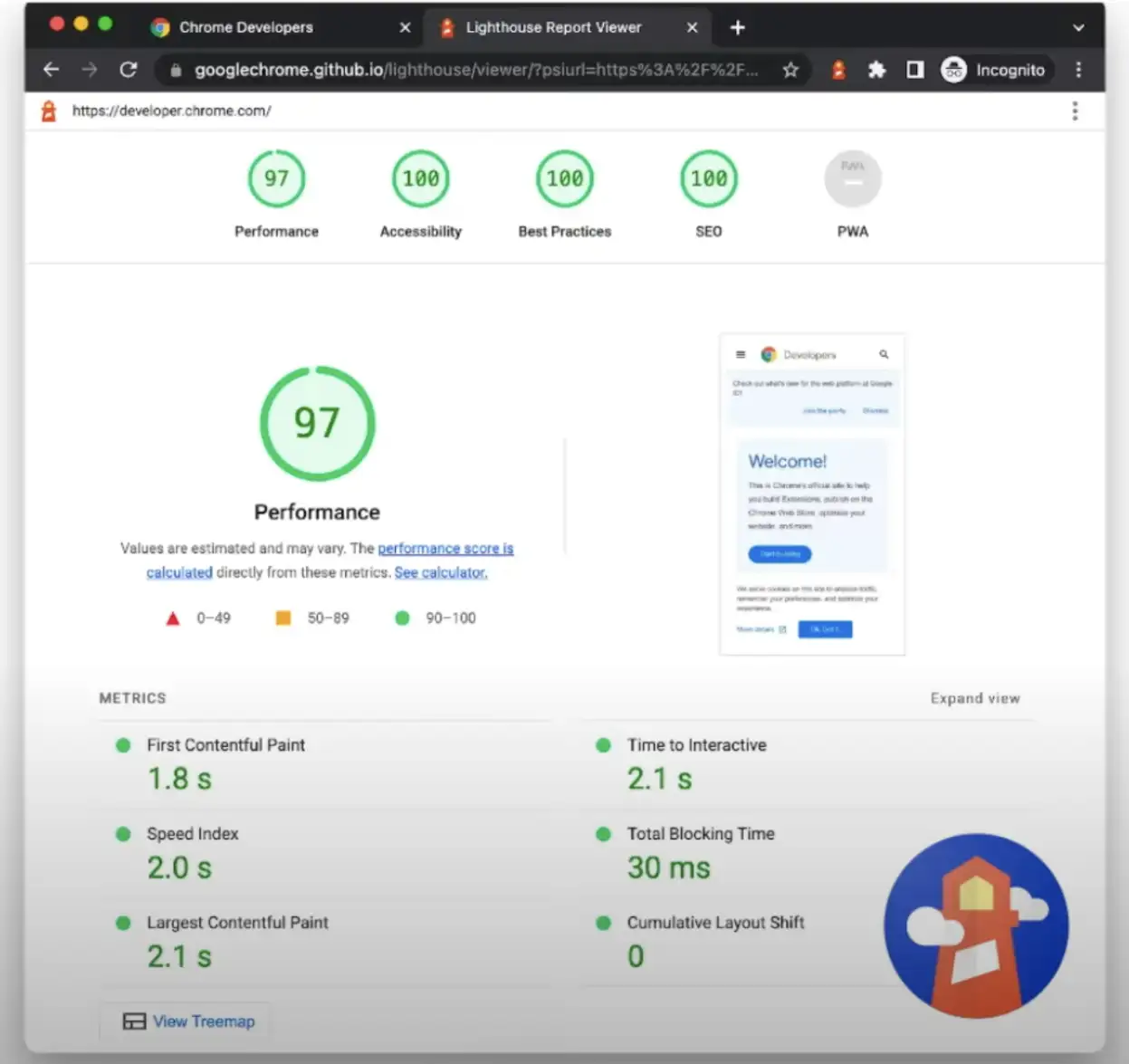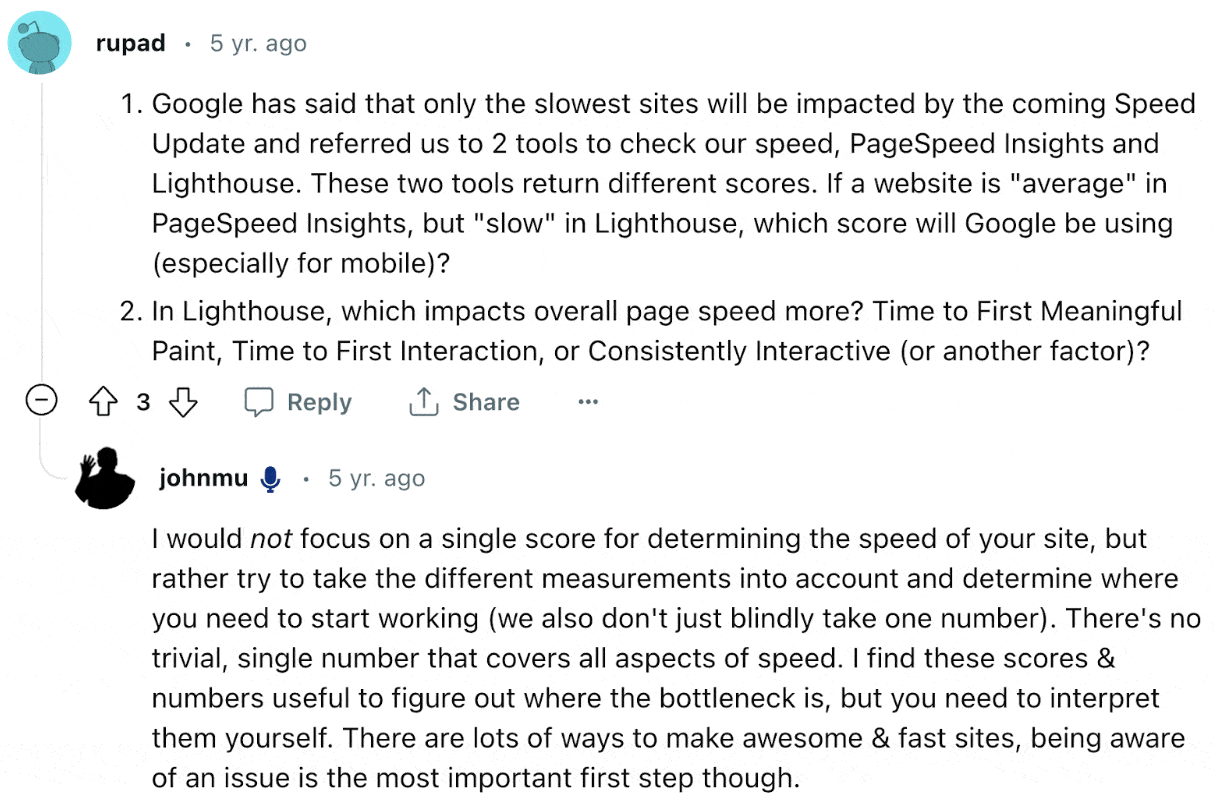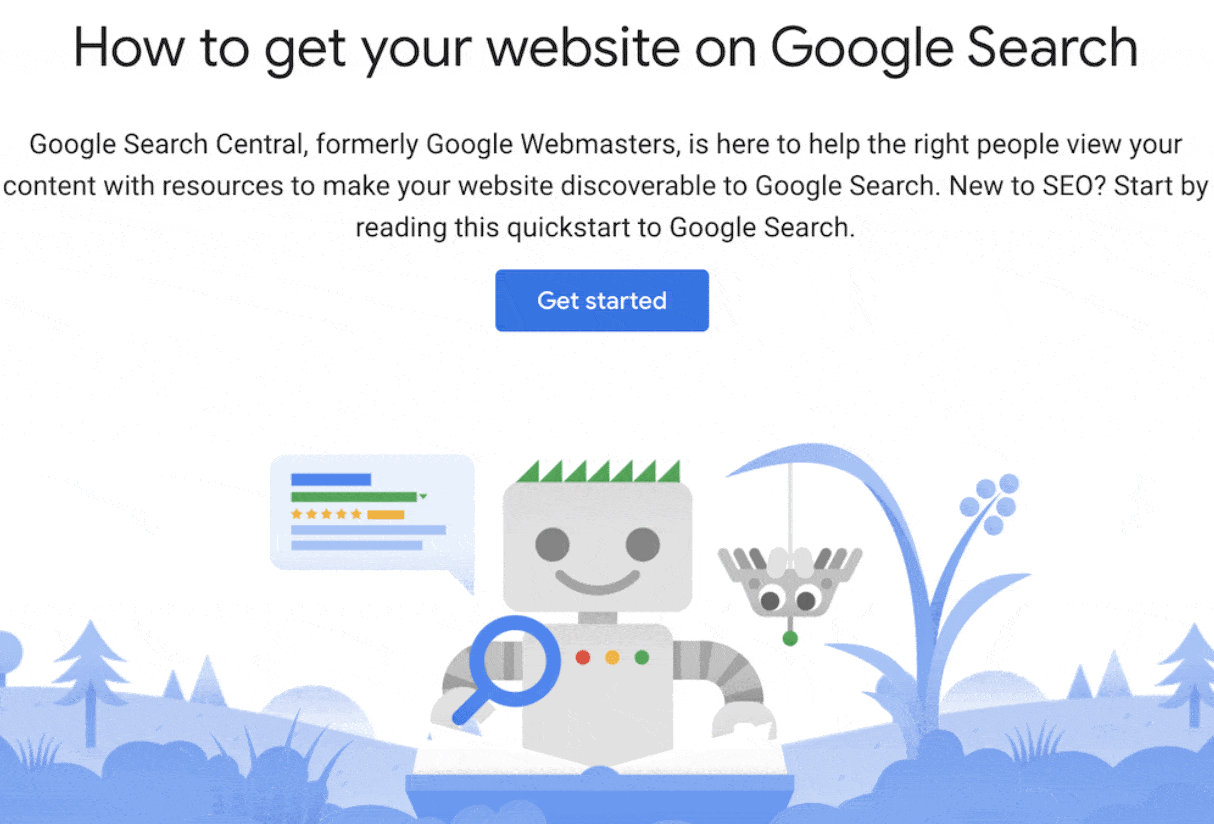Search Engine Optimization (SEO) is a dynamic field that constantly evolves. Among the numerous metrics and tools available to SEO professionals, various scores are used to gauge the effectiveness and authority of a website.
However…
There needs to be more clarity and transparency on the significance of these scores.
The question remains: Does Google factor these scores into their ranking algorithms?
Let’s start with some common SEO scores, what they stand for, and what John Mu (Google’s Senior Search Analyst / Search Relations Team Lead) says about their importance.
Revisiting some familiar SEO scoring metrics
Domain Authority (DA): DA predicts how well a website will rank on SERPs. It’s a score between 1-100, with higher scores indicating a better ability to rank.
Page Authority (PA): Similar to DA, PA is specific to individual pages and predicts how well a specific page will rank.
Trust Flow (TF): Measures a site’s trustworthiness based on the quality of backlinks.
Citation Flow (CF): Measures the influence of a site based on the number of websites linked to it.
Spam Score: Predicts the likelihood of a site being penalized or banned by Google.
And there are many more such as Trust Score, Power Trust, etc., depending on what SEO tools you are using.
Are these scores gimmicky? Hard to say. It depends. You can glean substantial information from them.
Developers invest significant time and effort researching various metrics and utilizing proprietary algorithms to produce these scores. How you use this info to tweak your website, outreach campaign, competitive analysis, UX, technical SEO, etc., is up to you or your SEO agency.
John Mu addressed “Does Google Search use SEO Scores?”
John Mu from Google has often addressed the topic of SEO scores. In a recent #AskGooglebot YouTube video, he emphasized that Google does not use third-party SEO scores in its ranking algorithm.
No, Google does not use scores from third-party SEO tools or services. It doesn’t matter whether it’s about website authority or a rating about spamminess. Google doesn’t use these scores at all.
He further added that transparently calculated scores could be helpful for estimating website standing or pointing out issues.
Mu specifically showed an example (see below) from Chrome’s Lighthouse tool, an open-source tool for improving web applications’ performance, speed, and more.

Blast from the past: John Mu’s response to a Reddit inquiry in 2018 regarding numbers from Chrome Lighthouse versus Page Speed Insights provides further insight into how scoring is viewed:

We also don’t just blindly take one number.
This reiterates that no single score can fully encapsulate a site’s performance or health.
Different tools and scores offer various insights, and understanding how to interpret and apply them is vital.
Here’s another interesting thread on X from 2022 on evaluating links based on scoring:
Final thoughts
I’m not saying that all third-party scoring is bad. Metrics like DA, PA, and others can help gauge the health of your websites. But I would be concerned if your SEO salesman is obsessed with these scoring and not much else.
I do have to admit, I would like the daily email bombardment of “Check out my high DA domains” to stop.
Understanding the data and how to use it to grow your clients’ sites is vital, and it varies from agency to agency. These terms, like DA, have become deeply rooted in the industry, and it’s about using what works for you.
Google does provide valuable resources on website optimization, SEO starter guide, videos, and insights into how search works. Starting with Google Search Central is an excellent educational process for DIY SEO.
While SEO scores provide insights and a sense of direction, understanding their limitations and how they align with your unique needs is crucial.
Focus on quality, relevance, and proven practices, not just numbers, to create a robust SEO strategy.
Remember, it’s not just about chasing high scores but building a website that truly serves your audience. This means answering their questions in alignment with search intent, providing quality content that demonstrates trust and expertise, and earning your backlinks rather than buying them en-masse from drive-by SEOs.
These are timeless principles that have never changed in the SEO world.
Been burned by other SEO agencies?
We get it.
Experience the SEO Advantage difference with a FREE 1-month trial.
See the results before you commit.
About Parichatra Reuning
Pat has been working in the organic search engine marketing industry for over 25 years as the Director of SEO Operations at SEO Advantage, Inc.
In addition to running SEOA, her passion for community enrichment inspired her to found My Local Start, a local marketing company focused on growing local farms and businesses in Haywood County, NC.
When not working, she enjoys tending to her garden and chickens, as well as spending quiet time with her family.
Sure, writing may not be Pat’s favorite thing, but when push comes to shove, she can whip up some seriously valuable guides. And who knows, maybe one day she’ll even pen the definitive guide to SEO that we all never knew we needed….but not today.
